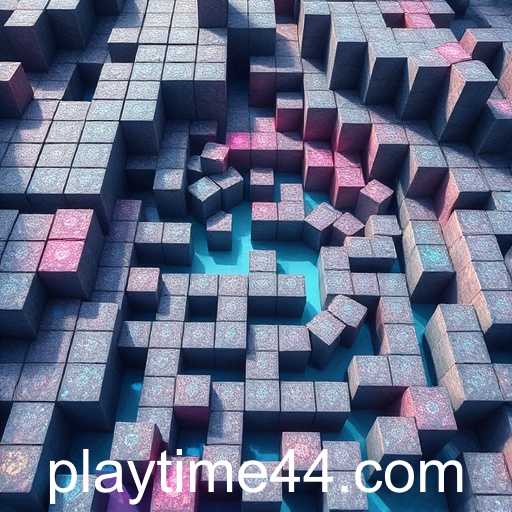In the fast-paced digital age, games have become an integral part of our daily relaxation routines, expanding far beyond mere entertainment to become tools of education and mental stimulation. Among the myriad categories available to enthusiasts online, the 'Puzzles' section holds a distinctive place, inviting players of all ages to engage in a variety of mind-bending challenges. These games require intelligence, patience, and often a strategic mindset, making them ideal for those who relish an intellectual test. The keyword 'playtime' might suggest a carefree, whimsical engagement, but make no mistake—puzzles are as enriching as they are entertaining. They foster logical thinking and problem-solving skills, leading to delightful moments of clarity when seemingly intricate conundrums unravel.
From classic jigsaw puzzles that recreate beautiful scenes piece by piece to immersive sudoku grids that test numerical agility, to labyrinthine escape rooms and cryptic crosswords, the gamut of puzzle games is vast and varied. Modern streams of this genre have even evolved into intricate virtual quests with compelling storylines and spectacular graphics, thanks to cutting-edge technological innovations. Such games provide a balanced blend of visual stimulation and cognitive challenge, paving the way for deeper engagement compared to their traditional counterparts.
Moreover, puzzles are not confined to solitary musings; many online platforms today encourage social interaction, allowing users to collaborate, compete, or simply share their conquests with friends across the globe. These aspects fortify community bonds, offering a space where minds can connect through shared intellectual pursuits. Puzzles, therefore, serve as a communicative bridge—all while stimulating playtime, remaining accessible and engaging for both novice and veteran players alike.
In educational contexts, puzzle games have found footing as powerful pedagogical tools, encouraging children to develop critical thinking and executive functioning skills in an amusing, non-linear format. Educators often incorporate these games in their teaching methodologies, highlighting their appeal in rendering complex concepts as digestible as they are enjoyable.
Ultimately, the allure of puzzles lies in their dual ability to entertain and educate. They transform playtime into a venue for personal growth, where each challenge surmounted translates into a victory for the player's cognitive repertoire. This fascinating intersection of fun and intellect is what wholly defines this captivating category on gaming websites—a testament to the timeless appeal of puzzles.








